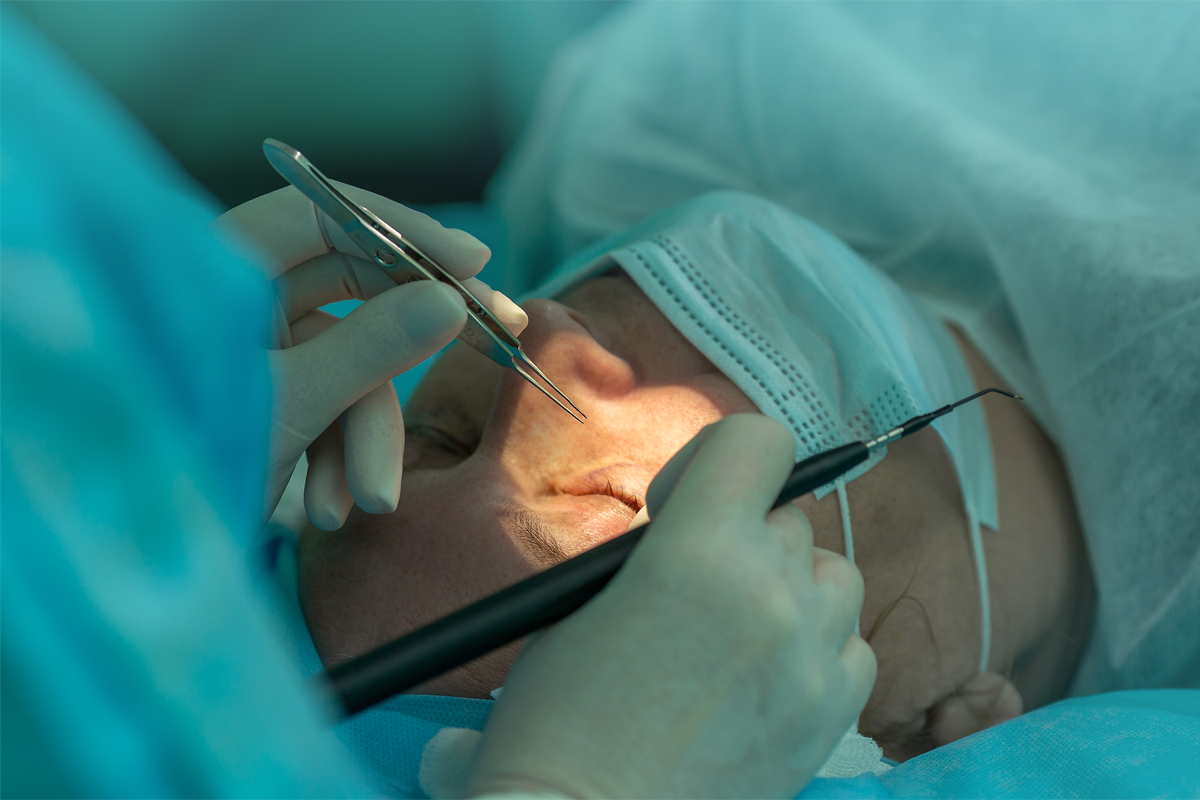Pediatric heart surgery is used to address cardiac problems that are both congenital and acquired. The operation is necessary for the child's health.
Heart problems come in a variety of shapes and sizes. Some are trivial, while others are significant. Problems with the heart or big blood arteries outside the heart are also conceivable. Some cardiac defects may necessitate surgery soon after birth. Others, on the other hand, may be able to wait in comfort for weeks, months, or even years awaiting surgery. A single operation may be sufficient to correct the heart problem, but in certain cases, many treatments may be required.
What is the procedure for pediatrics cardiac surgery?
Pediatric cardiac surgery refers to cardiac surgery done on children with congenital heart abnormalities. These congenital cardiac illnesses affect the arteries and veins around the heart, as well as the walls and valves of the heart. They may have an impact on a child's growth and development if not addressed. They have the ability to block regular blood flow to the heart. As a result, if a child has a complex cardiac problem, the pediatrics heart surgeon may recommend pediatrics heart surgery.
What are the signs and symptoms of pediatrics heart surgery?
Congenital heart problems can cause a variety of symptoms, ranging from minor to severe, depending on how the child's heart disease develops and how serious it is. The biggest indicators that a child may require pediatrics cardiac surgery appear shortly after birth or at birth itself. They are as follows:
- Skin with a mild blue or grey tinge.
- fast respiration
- Swelling of the legs, stomach, or eyelids
- breathing difficulties throughout meals, resulting in inadequate weight gain
Less severe congenital cardiac abnormalities, on the other hand, may not cause symptoms until the child is considerably older. These warning signs and symptoms might include:
- breathing problems after exercise and other physical activity
- Low-intensity, moderate-effort activities
- When working out or engaging in hard exercise, you may get fainting episodes.
- Hands, ankles, or feet that are swollen
Who Is a Candidate for Cardiac Surgery?
A lot of factors influence who is the best candidate for a certain cardiac procedure. Your pediatrics cardiac surgeon may recommend surgery depending on the severity of your heart condition. Only serious congenital cardiac abnormalities, such as the ones listed below, need pediatrics heart surgery.
• Congenital abnormalities in the newborn become apparent within the first few hours, days, weeks, or months following birth, causing symptoms such as poor skin, erratic breathing patterns, and enlargement of the tummy, eyes, or limbs.
• Because of the lack of symptoms, cardiac abnormalities are sometimes identified beyond the age of 20.
Additional symptoms are generally discovered by chance while diagnosing the reason. The longer we wait, the more likely it is that a child's health may deteriorate.
• For a variety of symptoms, including swelling in the hands and ankles, constant weariness, and shortness of breath, a complete assessment and, if necessary, surgery are required.
What is the procedure's procedure?
If a congenital cardiac abnormality is not addressed promptly, it can have disastrous consequences for a child's health. Several drugs may be used to manage cardiac abnormalities that do not require immediate medical attention. Pediatric cardiac surgery is used to address congenital heart problems that may impair a child's growth. Some congenital heart abnormalities are so severe that emergency pediatrics cardiac surgery may be required to save a child's life. Pediatric cardiac surgery can refer to a variety of surgical treatments for congenital heart problems, the most common of which are as follows:
1. Catheterization Methods
Catheterization techniques may be used in various pediatrics cardiac surgery operations to treat both children and adults with congenital heart abnormalities. Catheterization is a minimally invasive treatment that is used in pediatrics cardiac surgery to repair holes, valves, and constricted arteries in the heart. This is achieved by putting a catheter—a thin, tube-like device—into a vein in the leg and directing the physician to the heart using X-ray images. After the catheter has reached the issue site, small tools are inserted to correct the heart defect in this juvenile cardiac surgery.
2. The open heart operation
Depending on your child's health, open-heart surgery may be the preferred method of Pediatric Cardiac Surgery. This means that non-invasive treatment of the heart problem is out of the question. The doctor may operate on the heart defect while the child's body is connected to an artificial heart-lung system.
3. Heart Transplant Surgery
If both previous Pediatric Cardiac Surgery treatments fail or are ineffective, the pediatrics cardiac surgeon may recommend a heart transplant as the primary Pediatric Cardiac Surgery alternative.
After completion
The majority of children who undergo open-heart surgery must spend two to four days in the critical care unit following the procedure. They often remain in the hospital for additional 5 to 7 days after being discharged from the ICU. Closed-heart surgery patients frequently have shorter stays in the critical care unit and the hospital. Your child may need to stay in the hospital for several weeks or months following more complicated cardiac surgery.
Taking everything into account
Doctors from neonatology, cardiology, cardiac anesthesia, critical care, nursing, social work, and respiratory therapy make up the pediatrics heart surgeons' team. These specialists have received significant training to ensure that your child receives the
best medical care possible before, during, and after surgery. The best pediatrics cardiologists in India will go through your child's options and outcomes in depth. You can rely on them to provide you with as many options as possible so that you may choose the best therapy for your child.



Comments
Post a Comment